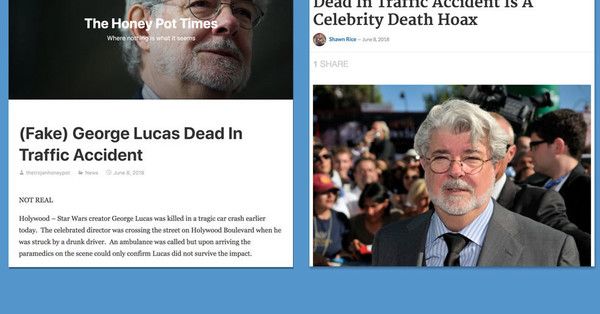#4 — Social networks are testing paid subscriptions
It’s been a big week for the subscription business model as even the biggest platform players turn to experiment with encouraging paid communities. Grab a coffee and dig in!
If you love this, hate it, or anything else, feel free to reply and say hello! Otherwise, we’d love if you’d tweet about publisher weekly to help get the word out :)
Until next week,
John
Everyone is testing subscription groups
With advertising revenue drying up, almost every social network is looking to paid subscriptions as an alternative to encourage creators to continue sharing their content. Facebook is now testing allowing group admins to charge $4.99 to $29.99 per month for access to special sub-Groups with exclusive posts and community. The idea is fairly straightforward: pay a small subscription fee and get tips or support directly from the creator.
On the same week, this is playing out on Youtube as well, which also began allowing $4.99 per month ‘channel memberships’ for video creators which also gives access to 'exclusive’ content for fans of those channels.
This shift comes at an interesting moment in the industry: people are now willing to pay for quality content that isn’t riddled with advertising or clickbait, so the big platforms are beginning to notice and adjust accordingly before it gets even more difficult.
Alongside shifts such as Google allowing direct subscription to publications such as The New York Times in Google News, there appears to be a larger trend toward people being willing to pay for quality content and private communities for the first time — rather than being subjected to advertising.

A fact-checker hatched an elaborate scheme to catch a site that was stealing his stories
The new internet economy is weird as hell.
Mobile ad blocking grows
Publishers pretended for a long time that mobile ad-blocking wasn’t an issue for their businesses, but now it’s gaining traction.
Micropayments: do they work?
Every year or two we see people declaring that micropayments will save the journalism industry, or that people will being being willing to pay for news, if they just made it 50c. The Winnipeg Free Press, however, is arguing that they don’t work at scale the way they originally thought, but instead help upsell for its paywall.
The pivot to paid leads to talent squeeze at publishers
Seeking senior subscription journalism executive: must have five years experience in year-old industry.
No, Craig Newmark did not kill local news.
“If we are going to save the news business, we have to understand what’s killing it. Finger pointing and playing the blame game move us no closer to that answer.”
'Disastrous' EU copyright bill pushes forward
If you run a platform and link to publications or quote them, the EU wants you to pay that publisher for doing so. Article 11, also referred to as the link tax pushes forward an archaic idea that even a sentence or two of a story should be paid for, before the user clicks. The irony, of course, is that if this happens, publishers that enforce it are likely to just see their traffic disappear as the platforms blacklist them instead of paying for a ‘link fee’ to show content. A final vote for this is due toward the end of the year, but it’s a train wreck in slow motion.
Instagram launches IGTV app for binge-watching, original content
Facebook’s pushing further into video-first media now with the debut of IGTV, a new endless binge-watching product that allows up to sixty minutes of video content. Vertical video is here to stay!






